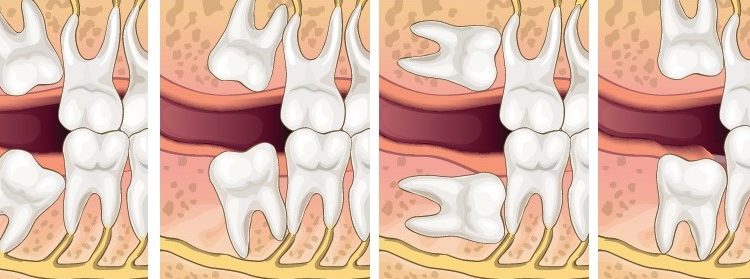
Going “Gluten-Free” Isn’t a Fad, it’s Your Life.
Celiac Disease Affects More than Your Diet.
Did you know that your dentist can sometimes be the first to spot the signs of an underlying disease? Dentists are trained to spot more than just cavities.
Over the past few years, celiac disease has gotten a lot of attention. Celiac disease is a serious genetic autoimmune disease damages small intestine and interferes with absorption of nutrients from food when gluten is ingested. It is a hereditary, and a direct indicator of your body’s intolerance towards gluten. Despite growing attention, it is estimated to affect only 1 in 100 people. However, more than 18 million Americans have non-celiac gluten sensitivity. No matter the cause for attention, there are several serious health implications of celiac disease.
The human body develops unique ways of informing us of trouble. Your teeth can sometimes reveal red flags that signal a health issue happening elsewhere in your body. A dentist may be the first person to notice decay in their patient’s teeth and help identify if it is due to poor oral hygiene habits or another factor.
Indicators for celiac disease begin in your mouth.
According to the National Institutes of Health, dentists are in a unique position to identify celiac disease in patients if they know what to look for. Even though the condition is associated with gastrointestinal symptoms, the disease can also affect the teeth. Because tooth enamel is 96% mineral content, patients have a difficult time absorbing essential nutrients, which directly affects the health of your teeth.
The disease can cause tooth discoloration: namely, white, yellow, or brown spots on the teeth. It can also cause teeth to appear pitted or banded, like a groove going across the teeth. These defects are symmetrical and typically crop up on the incisors and molars. Other oral symptoms include recurring canker sores; a smooth, red tongue (tongues are normally bumpy); and dry mouth. In addition, those diagnosed with celiac disease are at greater risk for cavities.
If you have celiac disease, make sure to let your dentist know of any changes in health, and check out these three teeth tips to help keep your teeth healthy. Visit celiac.org for more tips and information.
Source Credit:
beyondceliac.org
celiac.org
rd.com
nih.gov




